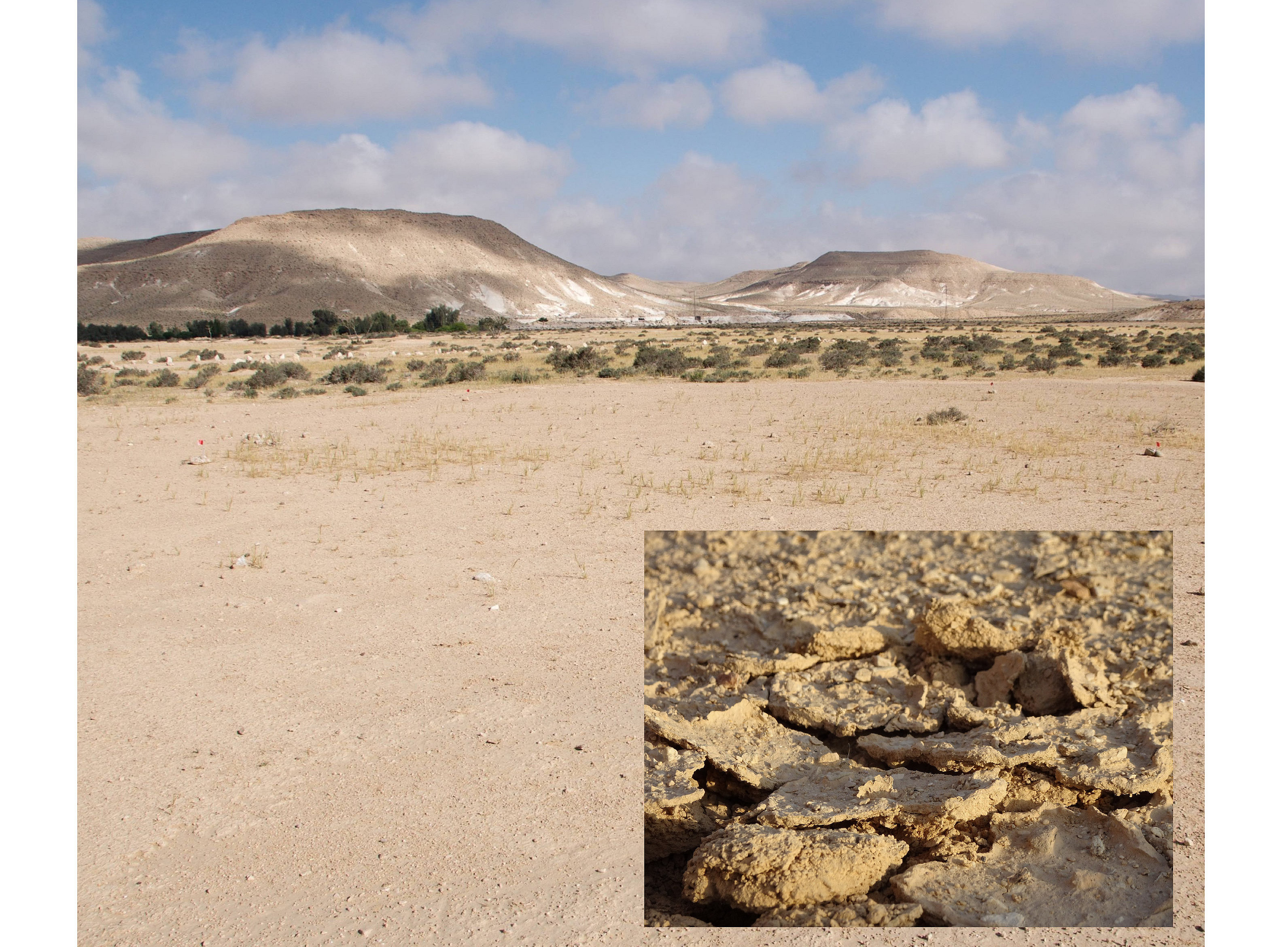07.01.2025 Dagmar Wöbken (Wien): Strategies of desert biocrust bacteria to endure alternating water limitation and rehydration? HS 31.11, Institut für Biologie, Bereich Pflanzenwissenschaften, Schubertstrasse 51, 17:00 Uhr
Arid deserts are characterized by long periods of drought, often with rare and short rain events that last only a few days per year. Desert soil microorganisms endure droughts in a state of ‘dormancy’, but their exact survival mechanisms remain elusive. Through metagenome investigations of Negev Desert (Israel) biocrusts, we revealed a microbial community with diverse physiological potential and various survival strategies. For instance, while the potential for sporulation was only found in a small proportion of the community, oxidation of atmospheric gases seemed to be a more common survival mechanism. However, dormancy cannot be sustained indefinitely, and therefore phases of resuscitation must also play an important role for long-term survival. In deserts, rain events are often limited to one to two days, raising the question how soil microbial communities can maintain ecosystem processes in such short phases of activity. Further, rehydration has been proposed to be associated with widespread cell death due to osmotic stress, but it is unknown if rain episodes allow for rapid growth to replenish the community. We addressed these questions by combining genome-resolved metatranscriptomics and single-cell activity analysis. Our results show a microbial community well prepared for sudden osmotic changes during desiccation/hydration cycles, preventing major cell loss and allowing slow growth. Further, desert biocrust microorganisms make optimal use of short activity phases by rapid and universal reactivation after rain events, explaining how they can drive desert ecosystem processes.
Dienstag, 07.01.2025
